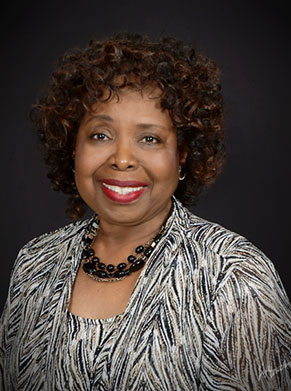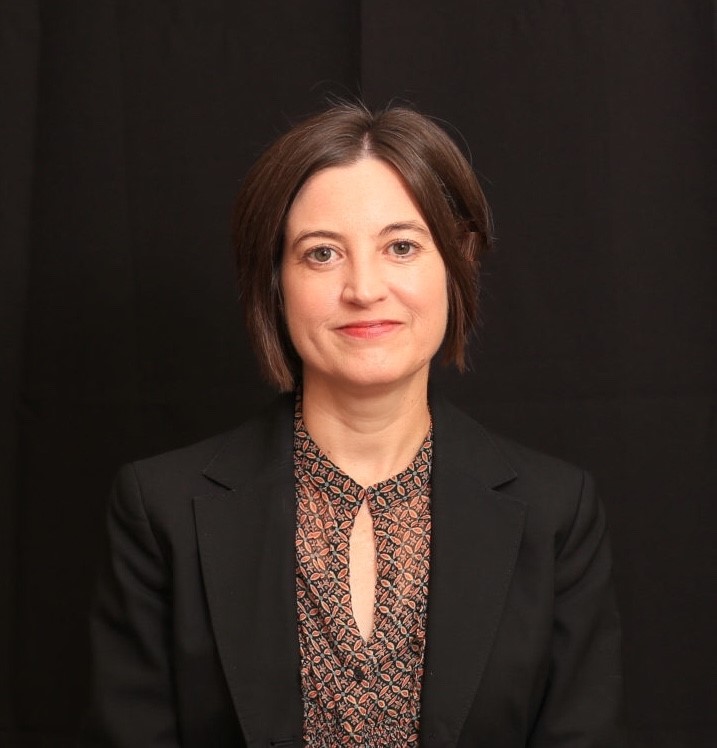NEH Institute for K-12 Educators: July 10-30, 2022
The National Endowment for the Humanities (NEH) and the Alabama Humanities Alliance present: “Stony the Road We Trod . . .” Exploring Alabama’s Civil Rights Legacy,
a Summer Institute for K-12 educators.
The Alabama Humanities Alliance invites K-12 educators from across the country to participate in this NEH Summer Institute for teachers. Returning in 2022, selected teachers will take part in an interactive field study on Alabama’s role in the modern civil rights movement. Educators selected to take part in this immersive experience will:
- Participate in conversations with scholars
- Interact with iconic leaders and foot soldiers of the civil rights movement
- Travel to key sites of memory, as well as sites dedicated to the preservation of civil rights history statewide, in Birmingham, Selma, Montgomery, and Tuskegee
- Review archival film footage and other primary source documents as they develop curricular projects
- Receive copies of all books used (see bibliography)
- Receive a $2,850 stipend
This Institute will take place primarily in Birmingham, Alabama, from July 10-30, 2022. Please review the website for more details and information on how to apply! Applications due by March 1, 2022!
DISCLAIMER: Depending on public health guidelines related to COVID-19, plans for a residential offering are subject to change.
Reviews From Past Participants
This intense, challenging experience deepened my knowledge of the civil rights movement. It was a life-changing opportunity. Furthermore, due to this program I now know that much of my “knowledge” of the Civil Rights Movement was just plain incorrect! It will impact my teaching starting the very first day as I can incorporate the information I learned throughout the year and across all disciplines. Students will learn so much about this movement — this time period — and they will be able to see the connections to today.
Dr. Martha Bouyer organized a comprehensive program with an array of amazing historians, scholars, and foot soldiers. It is difficult to even comprehend the number of people we interacted with. We started with lectures from all the visiting faculty…we always had time to personally talk to the visiting faculty to answer any remaining questions. The mix of foot soldiers and historians really enhanced the program as the academic scholars gave excellent overviews of the events and/or people of the time, while the foot soldiers added a personal touch.
This experience was phenomenal and priceless. As a teacher, l became a student learning so many new experiences l didn’t know about the civil rights movement. I was enlightened about the role Alabama had in shaping our country to include equality, justice, and freedom for African Americans. I have been reinvigorated and motivated to renew my teaching skills…Also, l learned a new level of compassion, understanding, and reconciliation l hope to show when l interact with my students and staff on a daily basis.
Everything that was implemented in the institute connected to everything we experienced in the field. Throughout the days we watched videos, traveled, or went to a historic site, everything was interconnected…We were able to verify and discuss facts with visuals or artifacts that we read about or saw for our own eyes. The lectures, first-hand accounts, and locations gave a broad perspective of everything inclusive of Alabama’s role in the civil rights movement.
Meet Our Team

Martha Bouyer
Project Director
Martha Bouyer is executive director of the Historic Bethel Baptist Church Foundation. Dr. Bouyer developed the “Stony the Road We Trod” institute and has served as project director for 12 “Stony the Road We Trod…” cohorts. She has served as the secondary social studies supervisor for Jefferson County Schools (AL), a classroom teacher, a certified 4MAT consultant, and a History Alive! coach. Dr. Bouyer also served as the curriculum consultant for the NEH-funded documentary, Slavery by Another Name and as the project director for “Never Lose Sight of Freedom,” a National Park Service project to tell the story of the Selma-to-Montgomery march for the right to vote.

Bonnie Belshe
Master Teacher
Bonnie Belshe is Social Studies Department Chair and a teacher of U.S. history and AP U.S. history at Monta Vista High School in Cupertino, California. She has an MA in education from the University of San Francisco and an MA in history from San Jose State University. She has been a four-time Summer Institute scholar for the NEH and was named California History Teacher of the Year by the Gilder Lehrman Institute in 2014. Belshe’s research is compares first- and second-wave feminism for Black and white women and she’s currently writing high school lesson plans based on her research. She is a past member of the Teacher Advisory Council for the National Humanities Center and the Teacher Advisory Group for the board of directors of the National Council of History Education.

Christina Fanning
Master Teacher
Christina Fanning is a 5th Grade interdisciplinary teacher at Bolton Academy, an International Baccalaureate (I.B.) Primary Years Programme (PYP) school in Atlanta, Georgia. Fanning holds a B.A. in Elementary Education, M.A. in Curriculum & Instruction, and an Ed.S. in Educational Leadership: Curriculum and Instruction. In 2019, Christina was selected as an NEH summer institute scholar for “Stony the Road…” She is certified through the Center for the Advancement and Study of International Education as an I.B. PYP Educator and is a member of Human Rights Educators USA. As a teacher, Christina is focused on the purposeful integration of technology in education, particularly in the elementary classroom, to enrich learning experiences and build integral technological literacy for all students.

Laura Anderson
Grants Administrator
Laura Anderson brings significant public history, museum, and nonprofit experience to her role as special projects coordinator at the Alabama Humanities Alliance. She came to AHA from the Birmingham Civil Rights Institute, where she served as archivist and director of special projects for more than 15 years. An alumna of the University of Montevallo, Anderson also earned graduate degrees from the University of West Georgia and The University of Alabama, with an emphasis on History and American Studies. Before joining AHA as a staff member, Anderson delivered presentations as an AHA Road Scholar for several years. She’s served in a number of leadership positions in various cultural organizations statewide.
